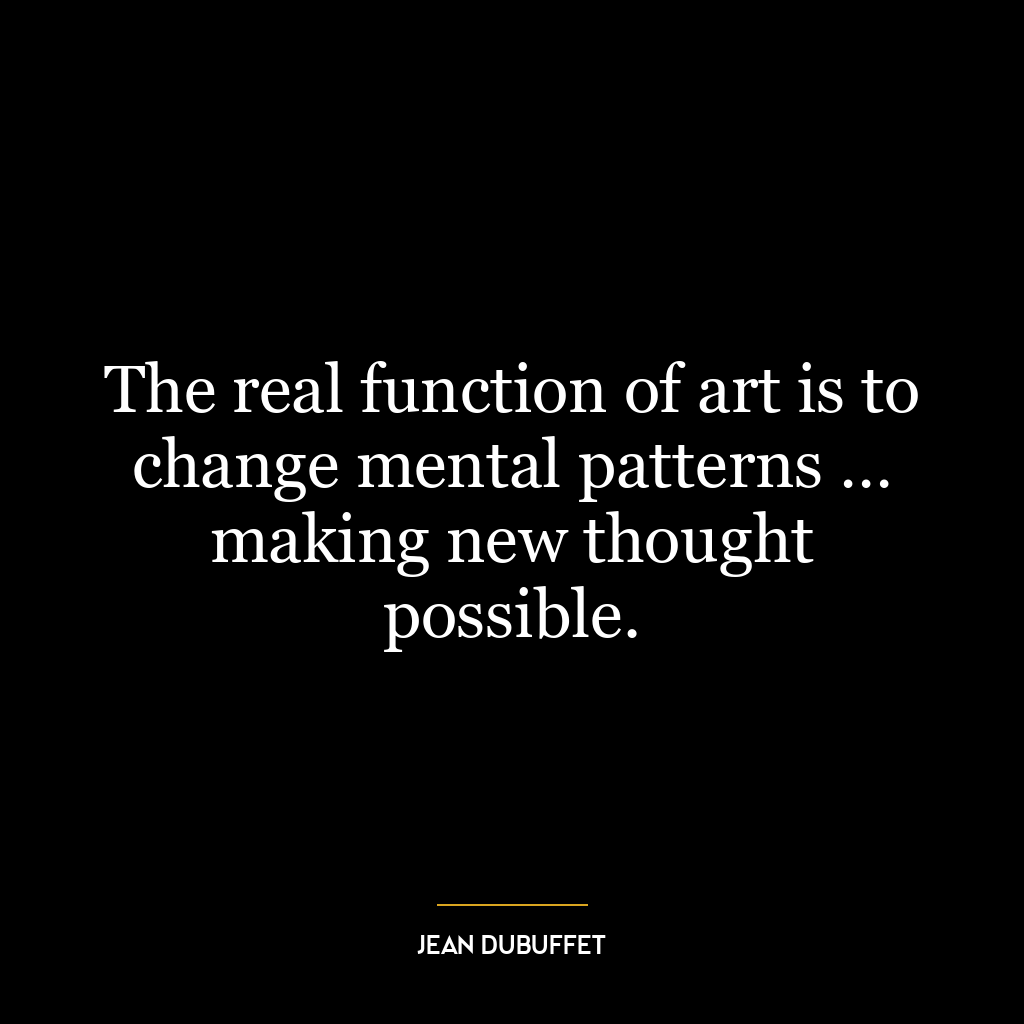They must often change, who would be constant in happiness or wisdom.
This quote suggests that change is not only inevitable but also necessary for maintaining happiness and wisdom. It implies that to be truly happy or wise, one must be open to change and growth. Stagnation, or the refusal to change, can lead to a state of discontent or ignorance.
The idea that one must change to remain happy or wise is rooted in the belief that life is a journey of continuous learning and adaptation. Happiness and wisdom are not static states to be achieved and then maintained without effort. They are fluid, evolving states that require us to continually reassess and adapt our perspectives, beliefs, and behaviors.
In terms of personal development, this quote emphasizes the importance of lifelong learning and growth. It encourages us to embrace change and view it as an opportunity for growth, rather than a threat to our comfort or stability. By remaining open to new experiences, ideas, and perspectives, we can continue to grow and evolve, thereby maintaining our happiness and wisdom.
In today’s world, this idea is particularly relevant given the rapid pace of change in technology, society, and the environment. Those who resist change or cling to outdated beliefs or practices are likely to find themselves left behind, unhappy, or unwise. On the other hand, those who adapt and evolve with the times are more likely to thrive and succeed.
This quote also highlights the importance of flexibility and adaptability in the face of change. In a world that is constantly changing, the ability to adapt and evolve is critical to our happiness and wisdom. This means not just reacting to change, but proactively seeking out opportunities for growth and development.
Overall, this quote is a powerful reminder that change is not something to be feared or resisted, but embraced as a necessary part of life and a key to maintaining our happiness and wisdom.








